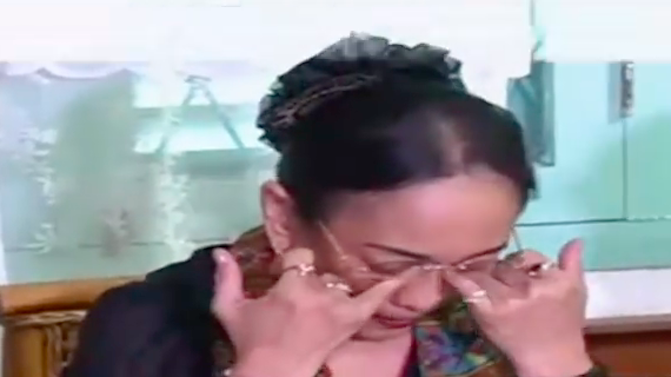Sukmawati Soekarnoputri, daughter of first president and founding father Soekarno, yesterday held a press conference in Jakarta to apologize for her controversial poem that offended many Muslims in the country.
“From deep down in my heart, I ask for forgiveness from all Muslims in Indonesia,” she said before wiping tears off her face.
Sukmawati explained that the poem, which she read out during Indonesia Fashion Week 2018 last week, was published 12 years ago along with her other works and that she never meant for it to be offensive to Muslims.
“This poem, ‘Ibu Indonesia’, was written to reflect my worry at the lack of cultural awareness so that the children of this country do not forget the true identity of Indonesia,” she said.
Representatives of the National Movement to Safeguard Ulema’s Fatwa (GNPF Ulama), which was the main organizer of the massive hardliner-led protests against former Jakarta Governor Basuki “Ahok” Tjahaja Purnama for his alleged blasphemy in 2016, said they accepted Sukmawati’s apology and would not report her to the police.
“If someone admits to their mistake we must forgive them, everybody makes mistakes,” said Kapitra Ampera, GNPF Ulama advocacy head and lawyer to fugitive Islamic Defenders Front (FPI) leader Rizieq Shihab, as quoted by CNN Indonesia yesterday.
That said, Persaudaraan Alumni 212 (PA 212), an umbrella group of Indonesian Islamic hardline organizations that were also instrumental in staging the anti-Ahok protests, insisted they would still report Sukmawati to the police and hold a mass protest against her in Jakarta on Friday.
“Her apology strengthens our complaint [to the police] that Sukmawati is guilty,” said PA 212 Spokesman Novel “Fitsa Hats” Bamukmin, as quoted by Okezone.
On Tuesday, a politician and a lawyer reported Sukmawati to the police for blasphemy, which is punishable by up to five years in prison.
During last week’s Indonesia Fashion Week 2018 in Jakarta, Sukmawati read out her poem, titled Ibu Indonesia (Mother Indonesia), which celebrates Indonesian fashion and tradition, comparing them to Middle Eastern and Islamic traditions many have adopted in the country. Some of the contentious lines in her poem include, as translated to English:
I don’t know Islamic sharia
But I know Mother Indonesia’s konde saree is very beautiful
Prettier than your face veil
I don’t know Islamic sharia
But I know Mother Indonesia’s ballad, it’s so very elegant
More soothing than your azan (Islamic call to prayer)





